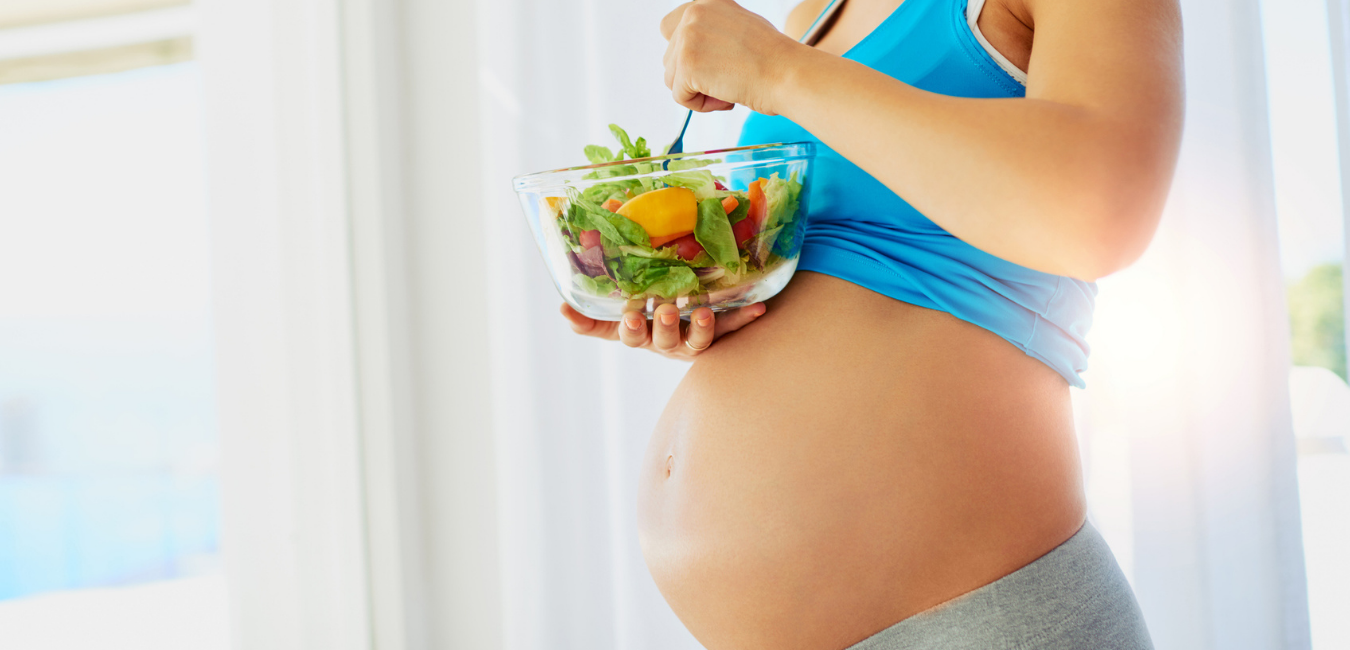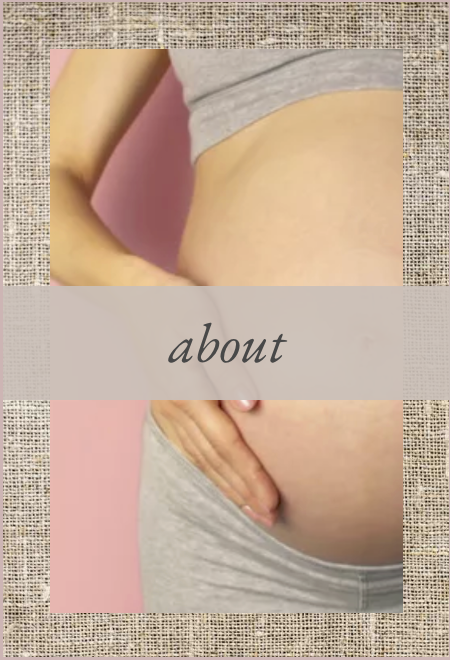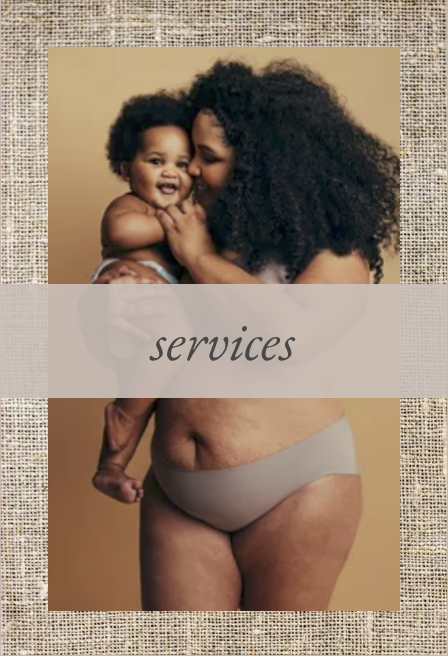Kim@BirthingDays.com | 541-733-4002
Your diet during pregnancy helps to support your own well-being and supplies the nutrition your baby needs to develop and grow.
It’s normal for a pregnant mother to gain weight — however, gaining too much or too little weight increases the risk of complications for you and your baby.
Healthy weight gain depends on a mother’s weight before pregnancy. Evidence supports using Body Mass Index (BMI) as a guide for how much weight gain is recommended during pregnancy.
A well-balanced diet is usually enough to meet your nutritional needs during pregnancy. However, some foods contain higher concentrations of certain nutrients that are specifically recommended during pregnancy.
Eating a variety of nutritious foods is important throughout your entire pregnancy. In addition to eating well, drink at least eight glasses of water each day. this helps ease discomfort. Thirst can be a sign of dehydration (when your body doesn’t have as much water and fluids as it should.) Don’t wait until you’re thirsty to drink water.
What is a ‘balanced diet’?
A healthy, balanced diet includes a wide variety of nutritious foods from the five food groups. It’s also advisable to drink plenty of water to stay hydrated.
- Wholegrains and cereals
- Vegetables and legumes/beans
- Lean meats and poultry, fish, eggs, tofu, nuts, and seeds as well as legumes/beans
- Fruit
- Dairy foods including mostly reduced-fat milk, cheese, and yogurt
Most of us have days when we eat well and days when our intake of ‘treat’ foods may be higher. Pregnancy cravings can also make this harder to manage, especially when they’re for foods that are high in sugar, salt, or fat.
If you are suffering from morning sickness or severe vomiting during pregnancy, it is important to eat what you can at the time. You should contact your, doctor or midwife if you are concerned.
What about pregnancy cravings?
It used to be thought that pregnancy food cravings were a sign of nutrient deficiencies in a pregnant mother’s diet; however, there is no evidence to support this link. Pregnancy can also cause changes in a mother’s tastes, and foods once found appealing can take on a completely different flavor. Food aversions can develop during pregnancy, due in part to hormonal influence.
Recommended Weight Gain
Ask your healthcare provider how much weight gain is healthy for you. Most women need to gain between 25 and 3 pounds during pregnancy. It’s recommended that you eat 300 extra calories per day. Now is not the time to diet! Dieting takes away the nutrients your baby needs.
Make Good Food Choices
Nutrition Facts labels show you what nutrients are in your food. Try to eat nutrient-dense foods with little or no trans fat. You should also check food labels for protein, calcium, iron, vitamins, and folic acid. These are important nutrients for your growing baby. Ask your healthcare provider how many grams of these nutrients should be included in your prenatal diet.


Things to Keep In Mind
Undercooked or unpasteurized foods can contain dangerous bacteria called listeria, and some kinds of fish contain high levels of mercury.
Avoid the following during pregnancy:
- Unpasteurized milk/cheese (pasteurization is a process that kills harmful bacteria)
- Cold meats, such as deli meats (unless cooked until steaming hot) and pates
- Undercooked or raw meat, eggs, poultry, and seafood (including sushi that is not flash-frozen)
- Large fish, such as shark, swordfish, king mackerel, tilefish
- Large amounts of small fish, such as canned tuna and salmon (Limit intake to 12 oz/week)
Note From Your Doula
It is important to remember that you are human and that having cravings during pregnancy is NORMAL!!! Enjoy them! This is the only time you will be able to say “Baby wants it!” and get away with it. All joking aside, eating a balanced diet is important before, during, and after pregnancy.




